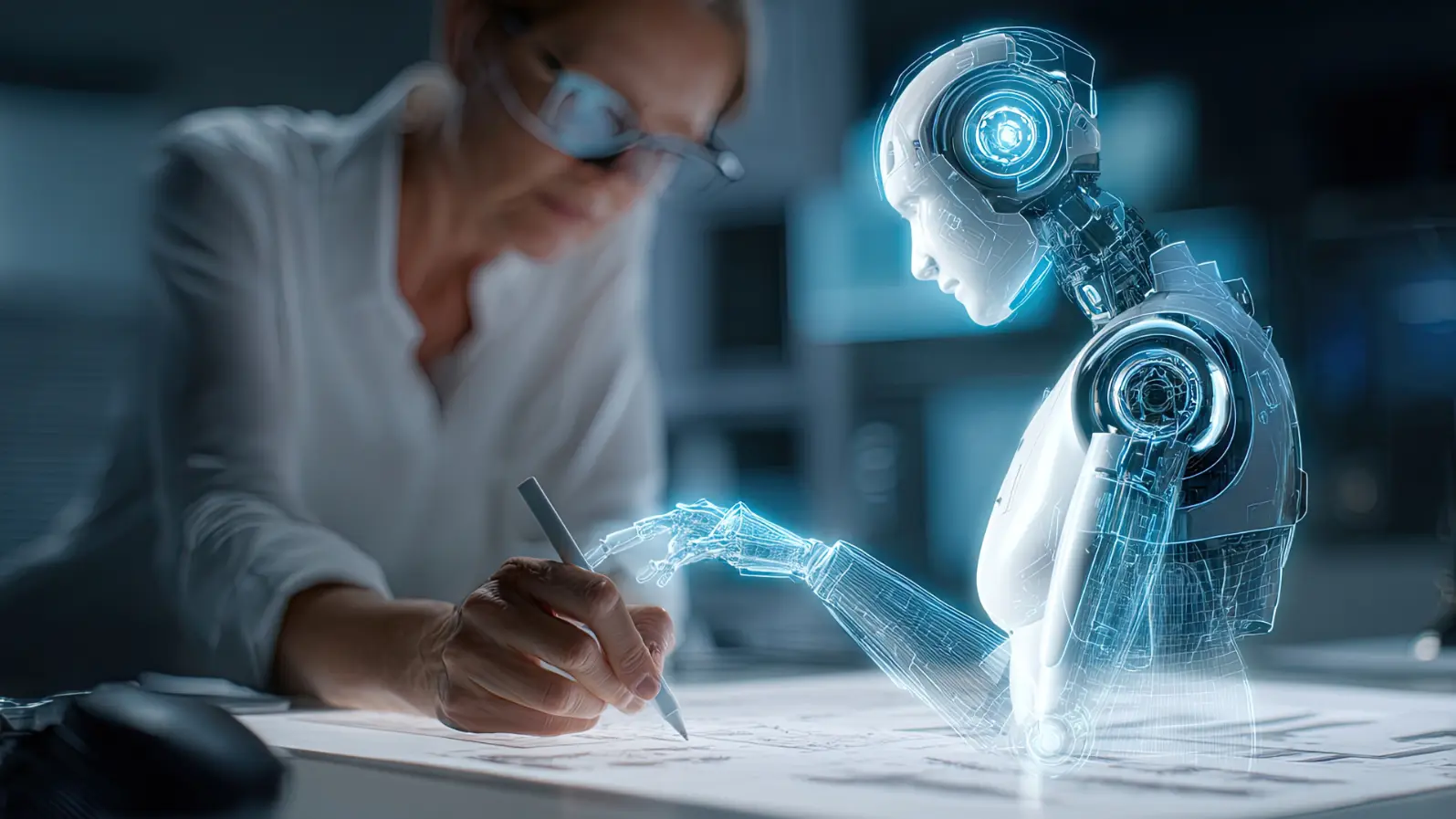
Revolutionizing Dental Labs: What Technicians Think About Artificial Intelligence
The New Digital Partner in Dental Work
From crowns to dentures, dental laboratories have long relied on skilled hands and artistic precision. But with the rise of artificial intelligence (AI), this craft is entering a new digital era. AI tools from 3D scanners to computer-aided design and manufacturing (CAD/CAM) are helping technicians create dental prostheses faster, more accurately, and with greater consistency.
Despite these advancements, little was known about how dental technicians themselves feel about working alongside AI. To bridge that gap, researchers from Malaysia conducted a qualitative study exploring the perceptions, hopes, and concerns of experienced dental technicians toward AI integration in their daily practice.
Inside the Study
Twelve Malaysian dental technicians, each with at least five years of professional experience, took part in one-on-one online interviews. The conversations explored their understanding, attitudes, and experiences with AI-driven tools.
Thematic analysis of these interviews revealed two major themes:
Perceived Benefits of AI
Concerns and Challenges
What Excites Technicians About AI
1. Efficiency and Productivity
AI systems automate time-consuming steps like digital impressions or denture design. Many participants noted that these tools allow them to produce more prostheses in less time, freeing them from repetitive manual tasks.
“AI helps us produce dentures faster and better,” one technician said.
2. Accuracy and Precision
Participants observed that AI-assisted CAD/CAM tools can design restorations with near-perfect margins and fits, improving both aesthetics and function.
3. Streamlined Workflow
Digital platforms allow seamless sharing of 3D scans and design files between technicians and dentists even remotely. This became especially valuable during COVID-19 restrictions, when physical interaction was limited.
What Worries Them
1. Job Security and Identity
Many technicians fear being replaced by machines that can design and mill prostheses automatically. They question whether traditional craftsmanship will still have a place in the AI-powered future.
“If AI takes over everything, does the world still need dental technicians?” one participant asked.
2. Ethical and Data Privacy Issues
Since AI systems rely on digital patient data, technicians raised concerns about confidentiality and data protection. They stressed the need for strict regulations to prevent misuse.
3. Training and Support
Most technicians agreed that continuous education is essential. They want more training programs and institutional support to learn how to use AI effectively not just to keep up, but to stay relevant.
Beyond the Lab: What It Means for Dentistry
The study highlights both optimism and apprehension about AI’s growing role in dental technology. While AI can improve productivity, accuracy, and collaboration, the researchers emphasize that human expertise remains irreplaceable.
They recommend:
Incorporating AI education into dental technology training programs,
Providing ongoing professional development for technicians, and
Establishing ethical and regulatory frameworks to safeguard patient data.
The Takeaway
Artificial intelligence isn’t here to replace dental technicians it’s here to work with them. The challenge for the industry lies in preparing professionals with the skills, ethics, and confidence to embrace this transformation.
Reference:
Lin, G. S. S., Ng, Y. S., Nik Abdul Ghani, N. R., & Chua, K. H. (2023). Revolutionising dental technologies: a qualitative study on dental technicians’ perceptions of Artificial intelligence integration. BMC Oral Health, 23, 690. DOI: 10.1186/s12903-023-03389-x